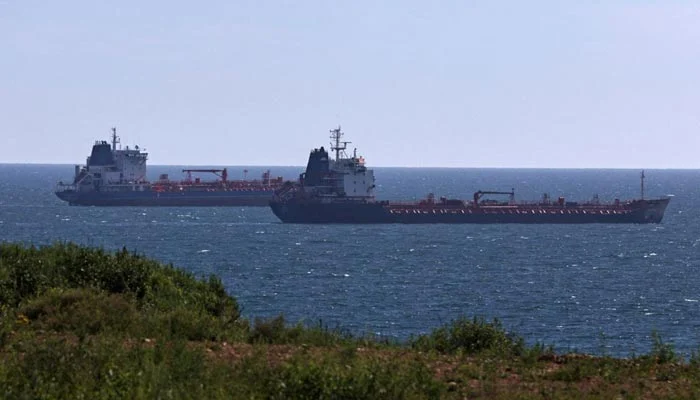Business
Pakistan likely to pay price of Russian crude in Chinese currency
-

 Latest News22 hours ago
Latest News22 hours agoPakistani Internet: Everything you should know about “Africa-2” contemporary cables
-

 Entertainment22 hours ago
Entertainment22 hours agoHania Aamir reveals details about her troubled childhood.
-

 Business22 hours ago
Business22 hours agoWith its second-largest surge ever, PSX approaches 114,000 points.
-

 Latest News22 hours ago
Latest News22 hours agoWapda announces a revised timeline for the K-4 water project in Karachi.
-

 Latest News22 hours ago
Latest News22 hours agoThe PPP and PML-N will confer on power-sharing arrangements in Punjab today.
-

 Latest News17 hours ago
Latest News17 hours agoClimate-related challenges are growing in Pakistan, and the prime minister’s climate aide is advocating for gender-inclusive climate resilience.
-

 Latest News17 hours ago
Latest News17 hours agoA Seminar on Deciphering the Influence of the Media Is Being Organized by IICR
-

 Latest News17 hours ago
Latest News17 hours agoAn NIH case of wild poliovirus was discovered in Balochistan, marking the 65th confirmed case of polio.

























